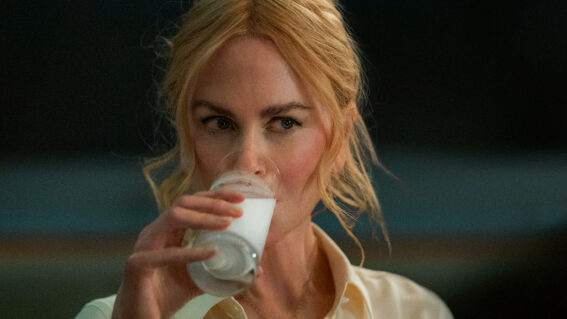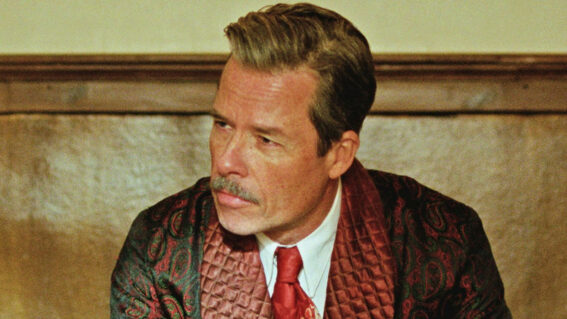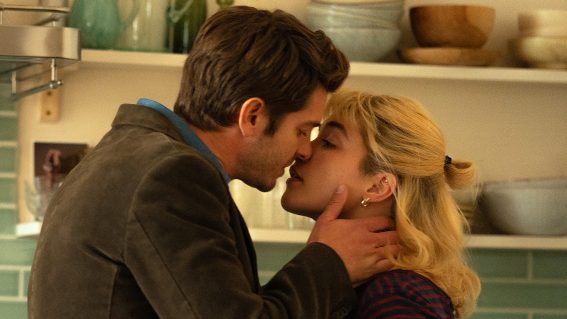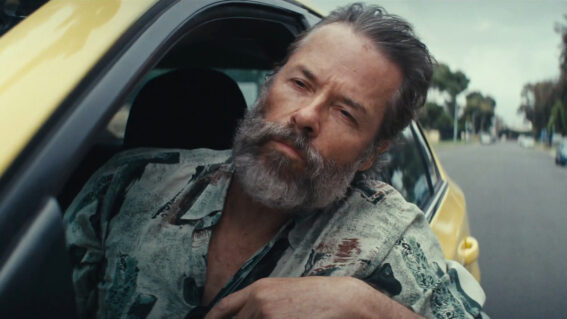Retrospective: The Curious Case of David Fincher’s oddest (and most oddly affecting) film
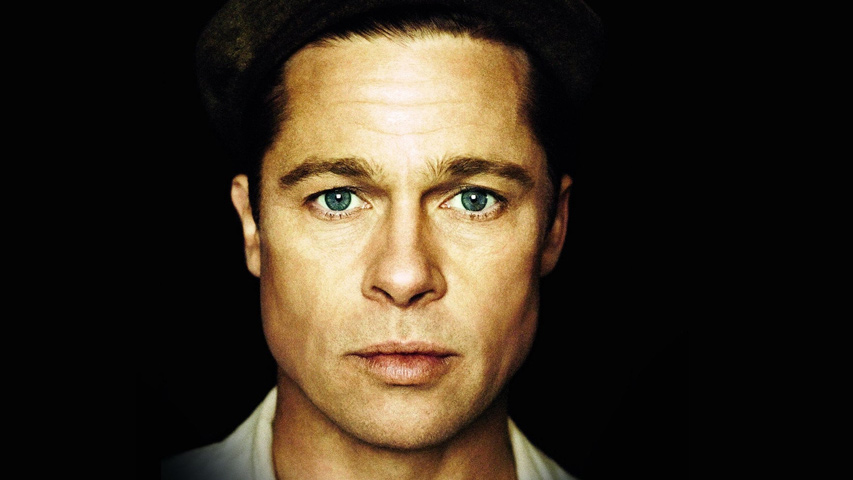
It may be time to re-evaluate David Fincher’s Fitzgerald adaptation—perhaps as a double feature with M. Night Shyamalan’s age-tripping Old. To Travis Johnson, it’s a tender film full of romance, death, and life.
The Curious Case of Benjamin Button sticks out in David Fincher’s filmography like a sore thumb. Flanked by Zodiac on one side and The Social Network on the other, the romantic fantasy, loosely adapted from F. Scott Fitzgerald’s short story of the same name, looks like it’s in danger of being mugged.
The Curious Case of Benjamin Button
Earlier in his career, Fincher gave us Se7en and Fight Club, and later there would be The Girl with the Dragon Tattoo and Gone Girl. The perfectionist director is known for moody, downbeat, unblinkingly pessimistic takes on the human condition, and yet in 2008 he gave us this: an almost three hour long, magical realist love story that sees Brad Pitt, making his third collaboration with Fincher, as the titular character, a man born old who ages in reverse.
Born on Armistice Day in 1918, he lives through most of the 20th century, experiencing wealth and poverty, war and loss, with the key relationship in his life being with dancer Daisy Fuller, played by Cate Blanchett. Disciples of Tyler Durden were not amused.
And yet Benjamin Button, for all that it is perceived as the lightest of Fincher’s work, tackles themes just as heavy as his usual fare. Love. Loss. Mortality and the inevitability of death. The fragility of both human connection and human life. The inevitability of grief. The awe-inspiring and terrifying sweep and weight of time itself.

It treats serious matters lightly, and though it has been, fairly accurately, compared to the blockbuster bildungsroman that is Forrest Gump (screenwriter Eric Roth penned both), Benjamin Button’s ruminations on our existence as ageing, mortal beings lingers long in the mind after the end credits. With Forrest, the only thing that lingers is the boomer boombox soundtrack.
Death is ever-present in Benjamin Button. Benjamin’s mother dies in childbirth. He’s raised in a retirement home by Black servants Queenie (Taraji P. Henson) and Tizzy (Mahershala Ali), surrounded by elderly people who have been warehoused for whatever time is left to them, dying off here and there and being replaced by a fresh crop of wizened faces. He goes to sea and then to war, seeing his captain (Jared Harris) and crewmates horribly killed. The whole thing is narrated by Benjamin’s daughter (Julia Ormond), who is reading his journal to the aged and dying Daisy.
But it’s also filled with lusty life. Roth and Fincher transported the story from Baltimore to New Orleans, a magical realist city if ever there was one, and the film pulses with rhythm and vibrancy. If Gump is all but virginal, Button is a player, frequenting a whorehouse at one point, romancing Tilda Swinton’s lonely society dame at another, indulging in booze, music, fun. The film is a memento mori, challenging us to remember our mortality even when we are rejoicing in the pleasures of the flesh and the soul, and to remember those pleasures even when we are confronting death.
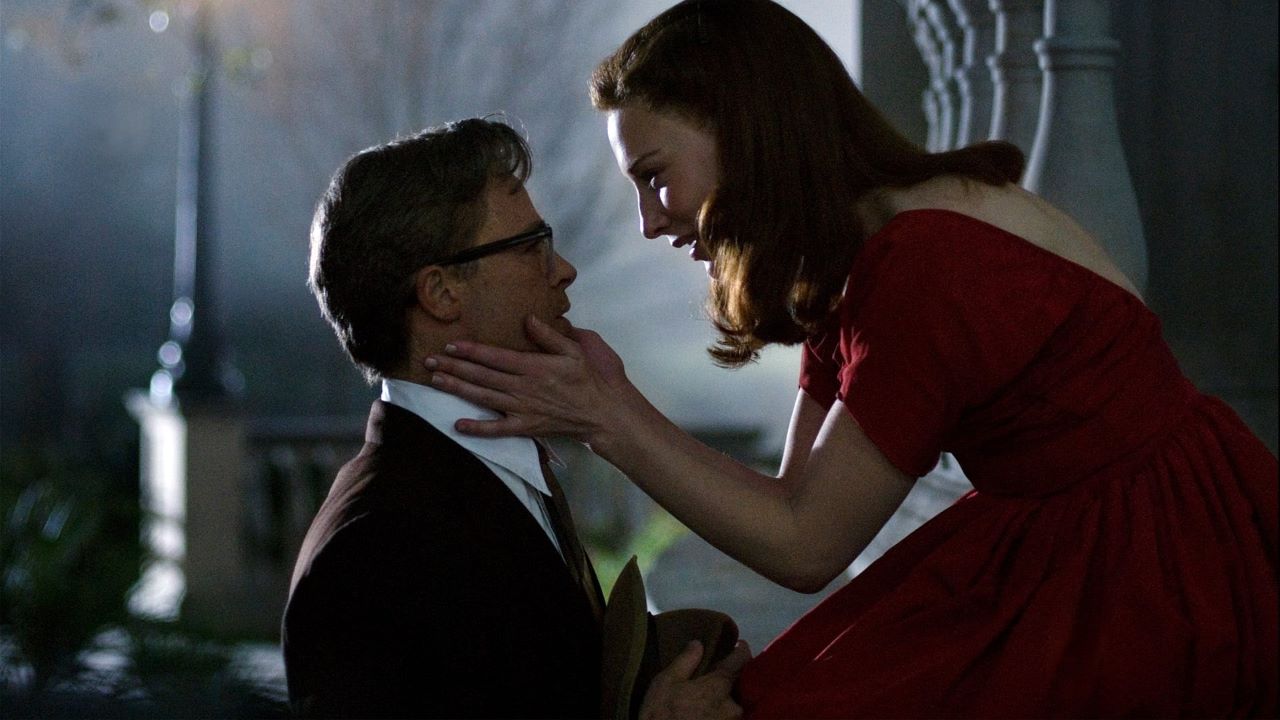
Grief is inevitable; as we grow older, we’ll inevitably attend more funerals than birthday parties, and the reward of a long life is watching everything but your own self be swept away by time and tide. But perhaps love is inevitable as well, and one might be the price of the other.
And Benjamin Button is most assuredly a love story, and like all love stories something of a tragedy when you take the long view. Benjamin and Daisy meet when she is seven (and played by Elle Fanning) and he is 12, although with the appearance of an octogenarian. Their connection is immediate and tender, although it takes a while for them to ‘meet in the middle’ age-wise and embark on their actual affair. But they’re not really meeting; they’re on different escalators, one going up, one down, that happen to pass each other.
Benjamin’s ever-youthening face—by this stage CGI and prosthetics have been abandoned and he’s all Pitt—is a constant reminder to Daisy of the temporal distance that is slowly but inexorably yawning between them. Realising that he will be ‘younger’ than his yet-to-be-born daughter sooner rather than later, Benjamin leaves. Daisy remarries. They will meet again, but their romance is over.
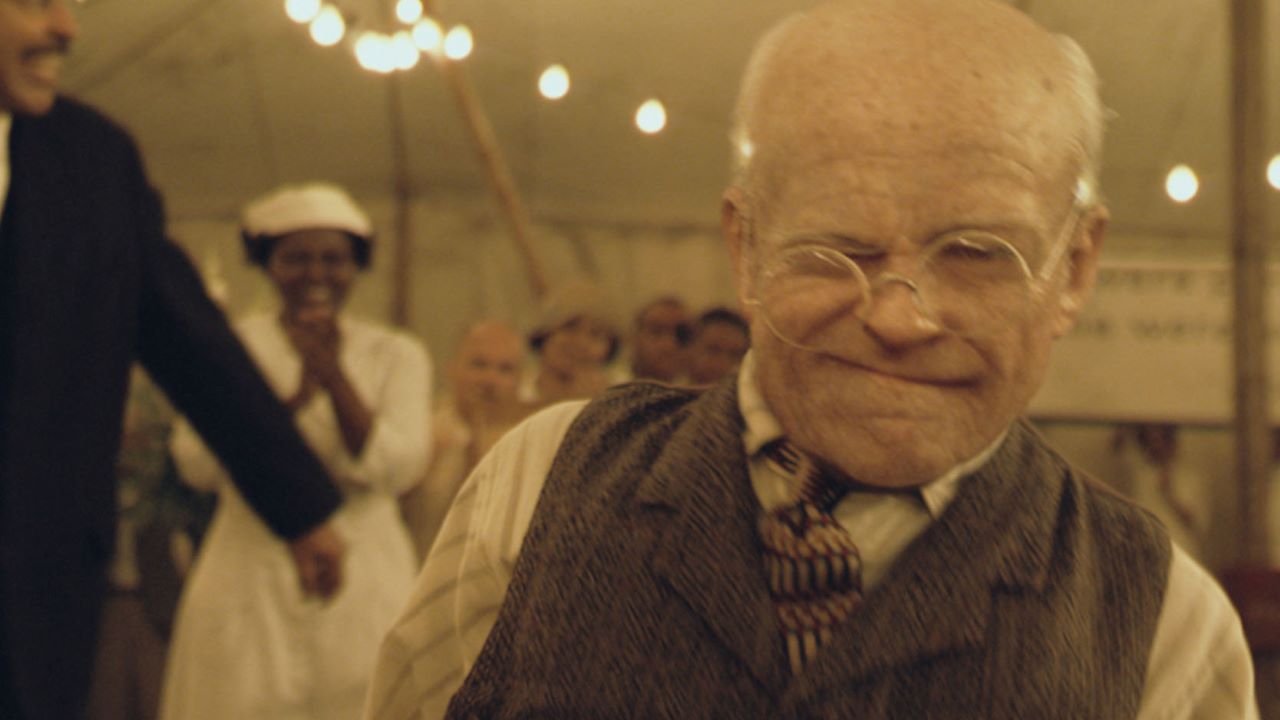
And that’s okay. Things end. Relationships change. People die. Time marches on. These are phenomena that can be viewed with horror as we experience them subjectively, but The Curious Case of Benjamin Button asks us to take a different angle, looking at its protagonist’s life—and our lives, and capital-L Life itself— holistically, from outside the constraints of linear time.
The film starts with a bit of story business that initially feels like a non-sequitur. Commissioned to build a clock for a train station, a blind man, Mr. Gateau (Elias Koteas) makes one that runs backwards, explaining to his employers that it embodies his wish to turn time backward so that all those lost in the Great War might live again.
Later we learn that his clock was replaced by a digital timepiece. In the final moments of the film we see Gateau’s clock, packed away in a dusty storage space, still running. Perhaps the direction doesn’t matter, only that it still ticks.








